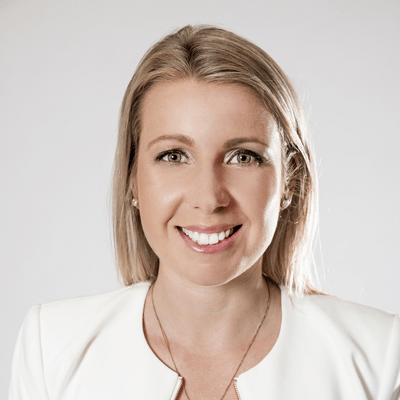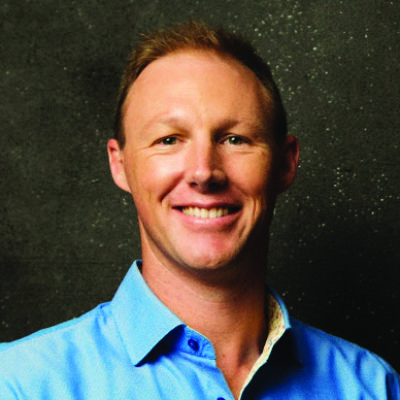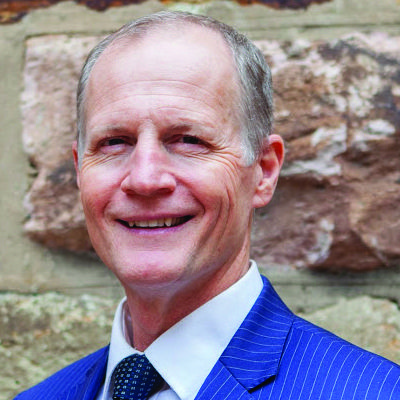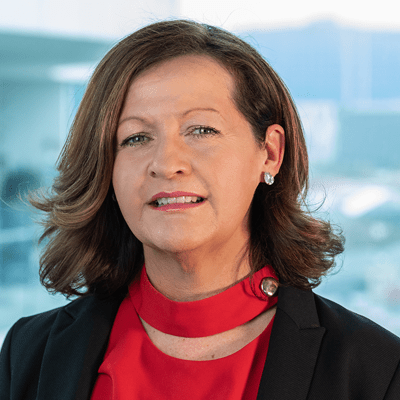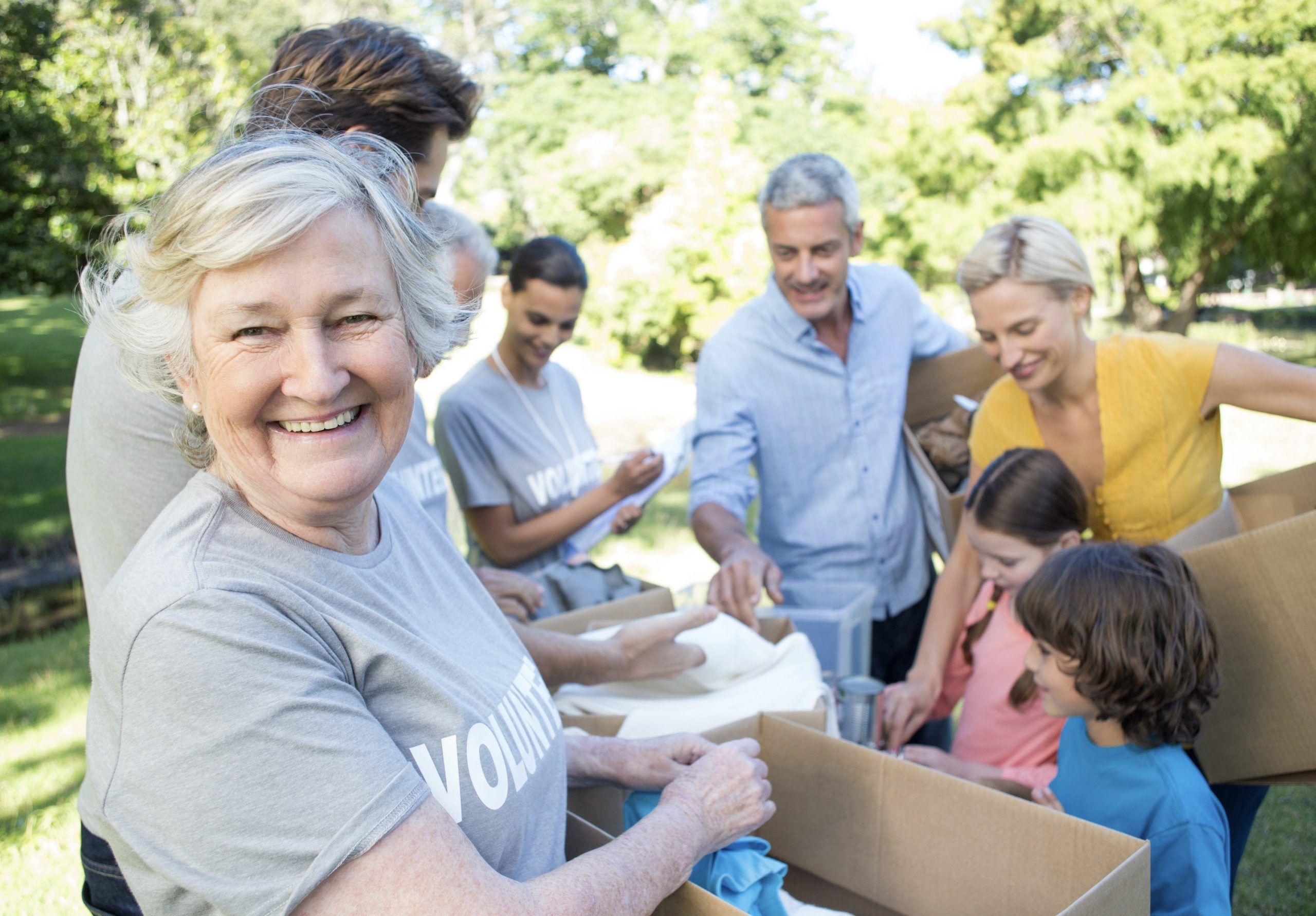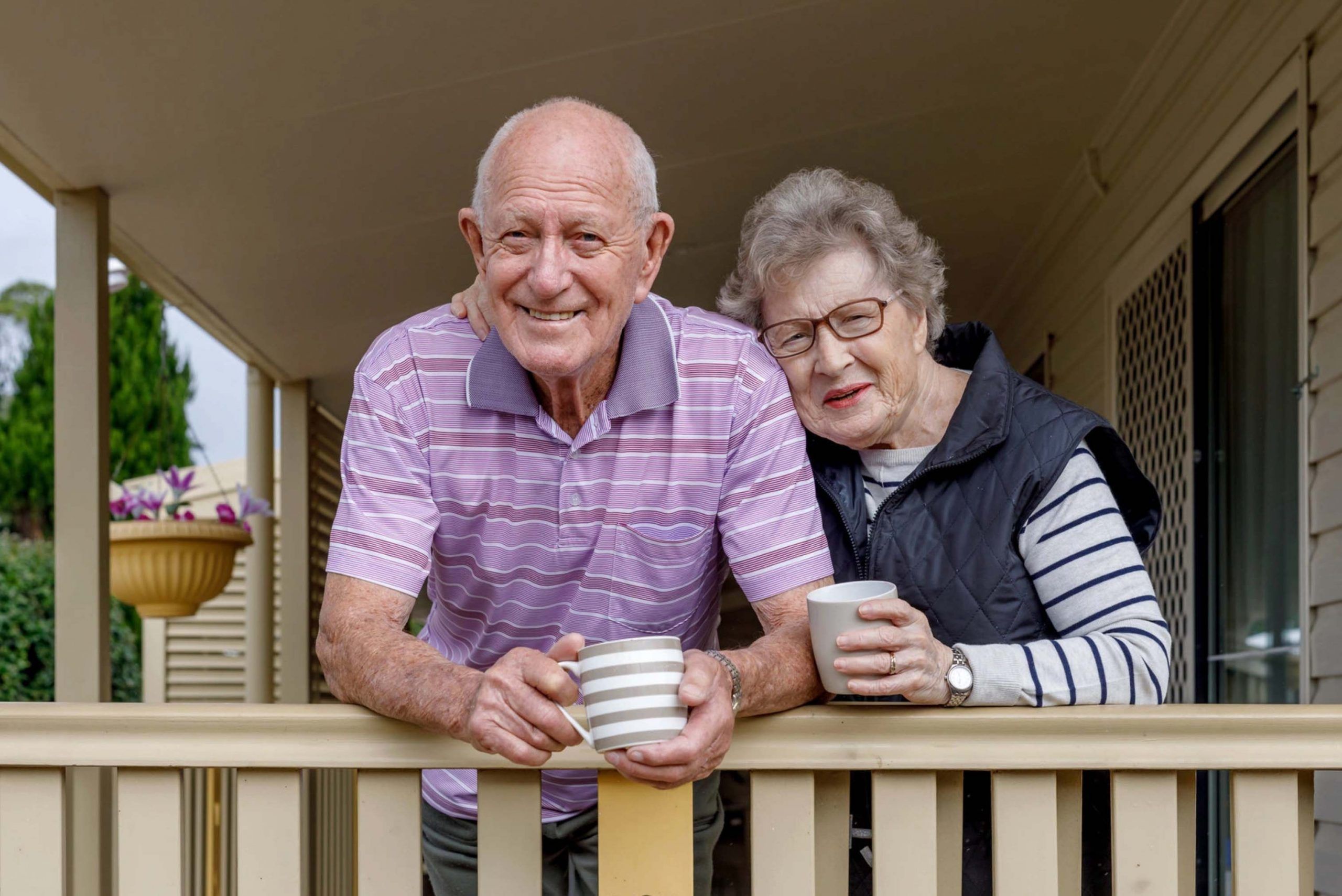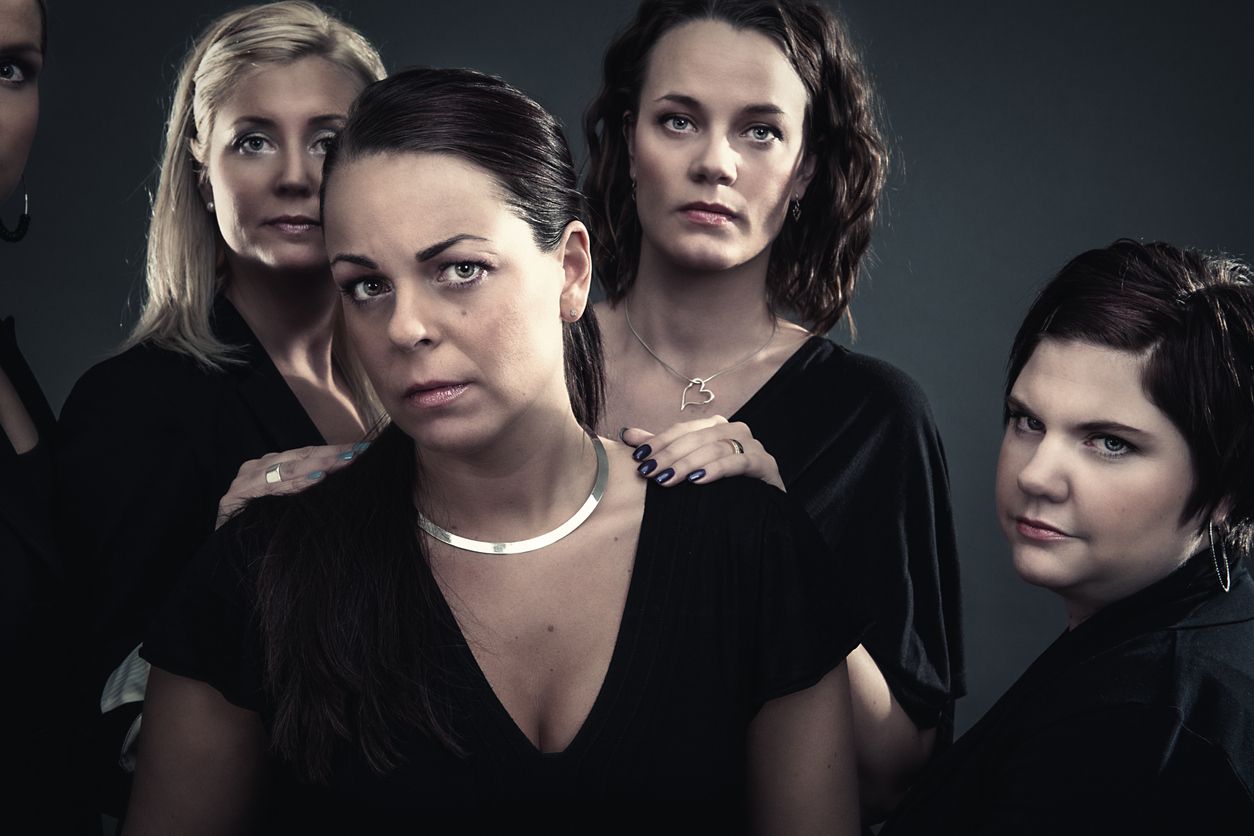
Women are the biggest Covid Super losers – but simple changes can help
There have been many victims of the coronavirus wreaking havoc on family budgets everywhere – but the biggest victims are women. The Financy Women’s Index, created by Deloitte Access Economics and AMP, has found that economic gender equality is now 36 years away, up from 32 years pre-Covid.
“Covid-19 has only exacerbated the divide between men and women in paid and unpaid work,” says Nicki Hutley, a partner at Deloitte. “Even if we return to the path of improvement seen before the pandemic, we remain a full generation away from achieving equality.”
It is a cruel irony that while Australia still has a significant gender gap in remuneration, companies which have appointed a female CEO have seen their market value increase by more than 5 per cent. The average ASX 200 company would gain an additional $80 million in value, according to research from the Workplace Gender Equality Agency.
Yet the gender pay gap stands at 14.1 percent, which means that on average women earn $239 per week less than men. In Western Australia, the gender pay gap is a massive 26 percent.
All this is worrying enough, but it is critically important at the moment, as Australia goes into its first recession in a quarter of a century and the worst since the Great Depression of the 1930s.
With women bearing the brunt of job losses during the Covid-19 disruptions it is inevitable that their superannuation balances will stall, exacerbating what is already a gender imbalance and potentially consigning many Australian women to poverty in retirement.
“Super is linked to employment, and that means that if you are in casual work or the gig economy or have – as many women do – started a mico-business and are self employed, that means you won’t be accumulating super,” says Kate McCallum, Director at Multiforte Financial Services.
“During tough times like Covid its not unusual for the person with the second income in a family, usually a women, to do without her job to protect the family’s main income, but that comes at the cost of her long term super balance.”
The situation is already skewed. The average super balance for men in Australia is $169,000 while for women the figure is $121,000. Women are also more dependent on the aged pension: nearly 70 percent of women over 65 rely on the government pension compared with 63 percent of men.
The Covid disruptions are not helping this. According to the Australian Bureau of Statistics, female job losses since mid-March have been 8.0 percent, compared with 6.3 percent for men.
The result is that women, already behind in super savings, are being hit harder by the recession and their finances will be set back even further.
So, is there a solution?
Kate McCallum says she advises many of her clients who are in a relationship to look at the idea of the higher income earner making contributions to the partner on a lower income.
“Under spouse contributions the higher income earner can make a $3000 contribution and then claim a $540 offset to their own tax, so that is a win-win to my mind,” she says.
“The other idea is super splitting, where if I have made my maximum tax deductible contribution and my spouse hasn’t received a similar amount I can split the contributions to my spouse’s account.”
These strategies are available today and can go some way to balance up the super divide, but beyond that McCallum is in favour of the idea of joint accounts for super.
“I think the idea that both people in a relationship would contribute to the same account would be meaningful for couples, and I think that would be a positive policy change,” she says.
Sadly it would seem that all of this would be too little too late for the older generation of Australian women now approaching retirement, so it may take a generation for women to play catch up.
“You look at super balances of younger people, and they are much more even between men and women,” says McCallum.
“It is only in their thirties when life events happen, such as children, and women take career breaks that the big gap starts to open up.”
“So those younger women still have a chance for their super, while sadly for many older women it may already be too late.”




